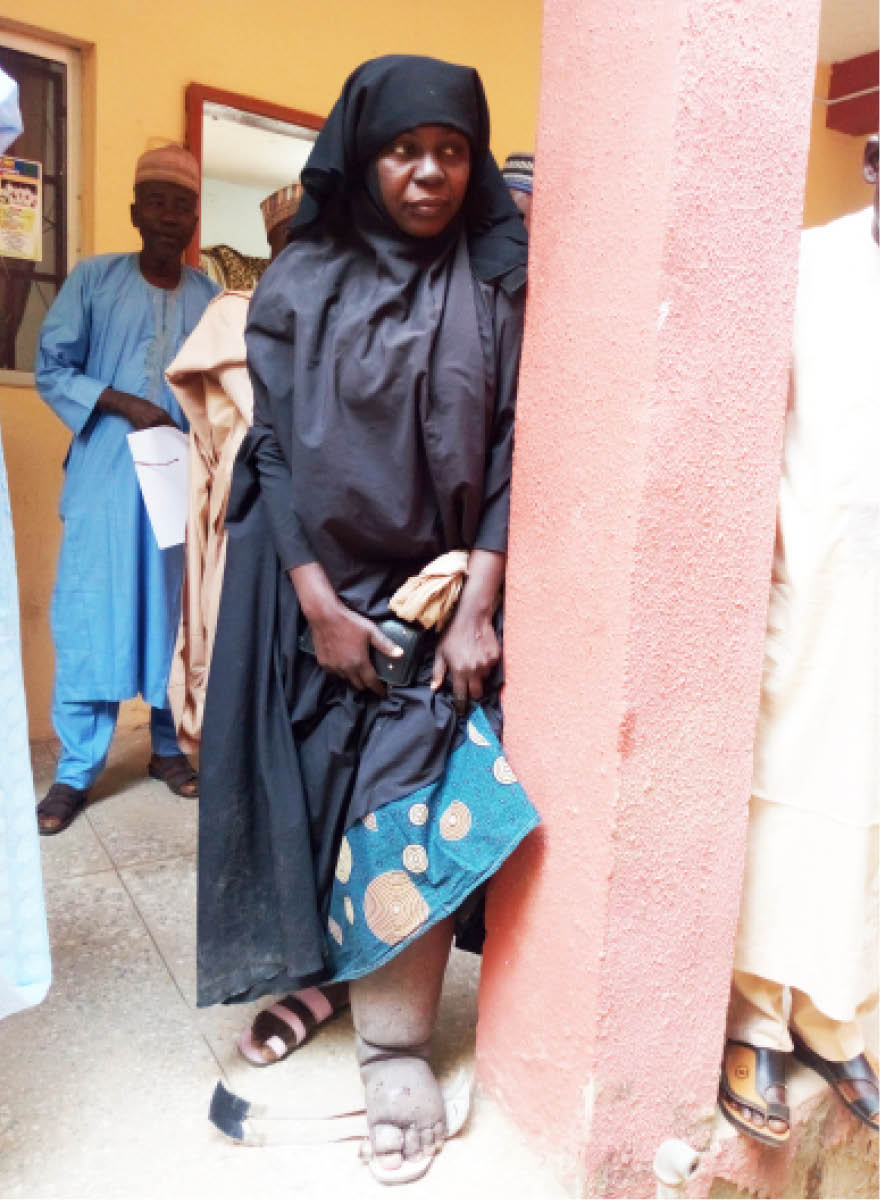Some residents of Zamfara State suffering from elephantiasis have appealed to the health authorities to devise more ways of combating the disease which is endemic in the state.
They, however, commended the government’s handling of their cases.
- SON renews PAN Nigeria’s quality certification
- Buhari, King Mohammed discuss Nigeria-Morocco gas pipeline, fertilizer plant
They said elephantiasis was impeding their financial growth by limiting their effort at eking out a living.
“I have been suffering from the disease for many years. I’m receiving drugs supplied to us by the state government and I would be glad if more is done in respect of combating this menace,” Sanusi Aliyu, who suffers from the ailment, said.
Another middle-aged woman suffering from the disease for many years said most times she felt hopeless of healing from the disease.
“I really appreciate what health authorities in Zamfara State are doing to help us. We are really languishing in anguish. Sometimes I walk in public without anyone noticing that my legs are swollen,” she said.
Last week, Zamfara State government celebrated the World Neglected Tropical Diseases Day (NTD), pledging its commitment to assist those suffering from such diseases.
The diseases are trachoma, ochorcerchiasis, known as river blindness, lymphatic filariasis (elephantiasis) schistosomiasis, known as bilharziasis, and soil transmitted helminths.
The Commissioner for Health, Alhaji Yahaya Muhammad Kanoma, said these debilitating diseases were most prevalent in rural communities, poor urban areas and conflict zones.
He said the diseases not only affected people’s health but also took away opportunities of going to school or earning a living.
In December, the programme officer of the Sight Savers, an NGO in the state, Mr Ahmed Ibrahim, said all the 14 local government areas are endemic of elephantiasis.
He said a survey conducted in 2010 showed that about 2.5 million people in the state were at risk of getting infected with an NTD.
“Six local government areas were endemic with river blindness, seven local government areas were endemic with trachoma while the whole state was endemic with bilharziasis.
“The good news is that the prevalence is fast declining due to our support to the extent that trachoma is almost controlled while river blindness is no longer posing threat in the state.
“These diseases, mostly found in the tropics, are causing significant disability that persists for a lifetime and governments and people worldwide do not pay attention to them as they do to other diseases that can kill more quickly like malaria, HIV, coronavirus, measles etc,” Mr Ahmed said.
The state NTD coordinator, Abdullahi A Labbo Bungudu, said 520 free hydrosol surgeries were conducted on patients to reduce morbidity.
He said drugs were being disbursed across the state and people were being enlightened on the need to sleep under nets to stem the tide of the diseases.

 Join Daily Trust WhatsApp Community For Quick Access To News and Happenings Around You.
Join Daily Trust WhatsApp Community For Quick Access To News and Happenings Around You.


